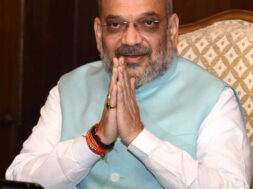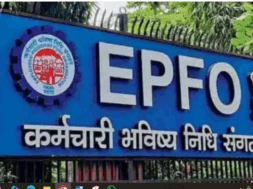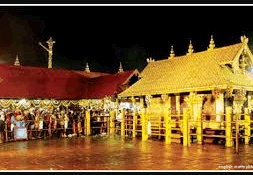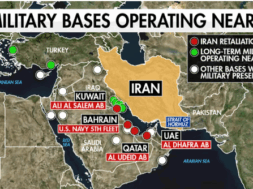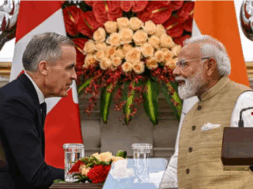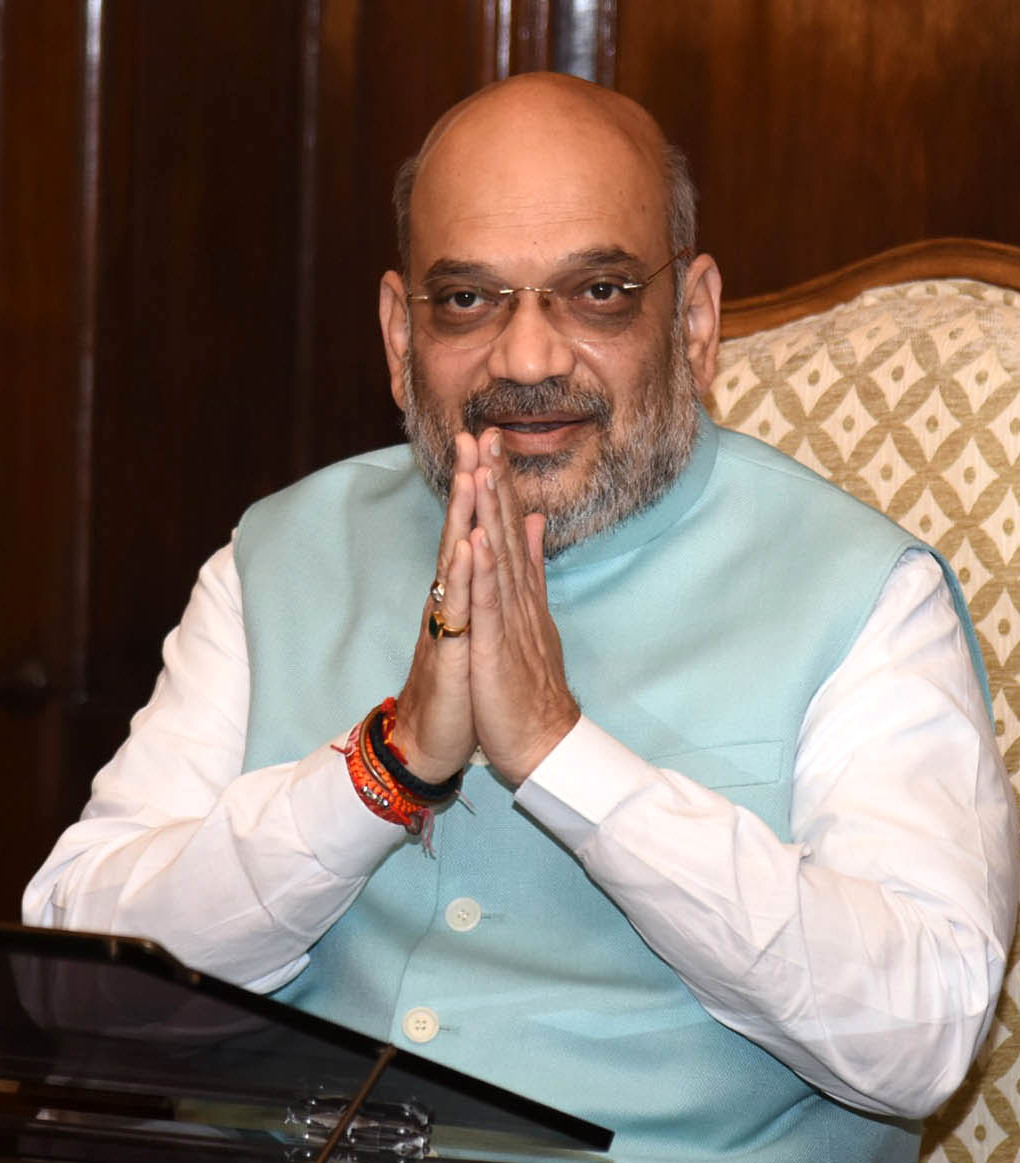
NEW DELHI, March 31: Though it has not accepted the demand of some of the north-eastern states to completely withdraw the “Armed Forces (Special Powers) Act” (AFSPA), the Centre has considerably reduced the “disturbed areas” covered under the act in the States of Assam, Manipur and Nagaland, Union Home Minister Amit Shah announced on Thursday.
“In a significant step, GoI under the decisive leadership of PM Shri @NarendraModi Ji has decided to reduce disturbed areas under AFSPA n the States of Nagaland, Assam and Manipur after decades,” Shah said in a tweet. He added, “Reduction in areas under AFSPA is a result of the improved security situation and fast-tracked development due to the consistent efforts and several agreements to end insurgency and bring lasting peace in North East by PM @narendramodi government.”
“The areas under AFSPA has been considerably reduced in these three States; it has not been completely removed,” said a Home Ministry official. In Nagaland, the Centre has accepted the recommendation of a high-level committee formed in the aftermath of Mon killing to withdraw AFSPA in a phased manner. Accordingly, the AFSPA is being removed from the jurisdiction of 15 police stations in seven districts. In Assam, where AFSPA has been in force since 1990, the ‘Disturbed Area’ tag will be removed completely from 23 districts and partially from one district. In Manipur, where civil society organisations and activists have long fought for the law’s repeal, 15 police station areas of six districts will be excluded from the purview of the act, said the Ministry. All changes will be effective April 1.
“The Disturbed Area Notification is in force in the whole of Nagaland from 1995. The Central government has accepted the recommendation of a committee constituted in this context for withdrawal of the AFSPA in a phased manner,” the Ministry said.
The Ministry constituted a committee on December 26 last year to study if the AFSPA could be withdrawn from some areas in Nagaland in the wake of growing civilian anger against a botched ambush by an elite armed forces unit that led to the killing of 13 civilians at Oting in Nagaland’s Mon district on December 4. The committee is headed by Registrar General and Census Commissioner of India Vivek Joshi, and includes Additional Secretary in the Union Home Ministry, Piyush Goyal as well as the Chief Secretary and Director General of Police, Nagaland, and the DGP, Assam Rifles, as members.
The law first came into effect in 1958 to deal with the uprising in the Naga Hills, followed by insurgency in Assam. The AFSPA gives unbridled power to the armed forces and the Central Armed Police Forces deployed in “disturbed areas” to kill anyone acting in contravention of law, arrest and search any premises without a warrant and protection from prosecution and legal suits without the Central government’s sanction.
Currently, the Union Home Ministry issues periodic “disturbed area” notification to extend the AFSPA only for Nagaland and Arunachal Pradesh, where it is applicable in the districts of Tirap, Changlang, Longding and areas falling under Namsai and Mahadevpur police stations bordering Assam. The notification for Manipur and Assam is issued by the State governments. Tripura revoked the Act in 2015 and Meghalaya was under the AFSPA for 27 years, until it was revoked by the Ministry from April 1, 2018. The Act was implemented in a 20-km area along the border with Assam. Jammu and Kashmir has a separate J&K Armed Forces (Special Powers) Act, 1990.
Welcoming the development, Assam Chief Minister Himanta Biswa Sarma said around 60 per cent of the state’s area will now be free from AFSPA’s purview. “AFSPA has been in force since 1990 and this move marks the beginning of a new chapter in Assam’s future. It is a testimony to the significant improvement in law and order in the State,” Sarma tweeted.
Nagaland Chief Minister Neiphiu Rio said that he was “grateful” to the government of India for the move. “This is a significant development towards bringing stability, security & prosperity to the North East region,” Rio tweeted. Manipur Chief Minister N Biren Singh, who was recently sworn into office for a second term, called it a “historic decision” saying it was a “result of the robust development and improved security situation” under Prime Minister Narendra Modi. “This decision will lead to a new era of peace, prosperity and development in Manipur yet again,” he tweeted.
The imposition of AFSPA in Nagaland was due to expire on December 31, as it was last extended in the state on June 30. AFSPA can be imposed in an area or a region for six months at a time, after which it has to be extended if the government deems it necessary.
In 2004, the Jeevan Reddy Committee set up by then Manmohan Singh government had recommended the repeal of AFSPA. Following this, a Cabinet sub-committee was formed to examine the matter. However, the Modi government rejected the recommendations of the Reddy committee and the Cabinet sub-committee was also dissolved.
Since then, no committee either regarding repeal of AFSPA as a whole or with regard to removing it from any state has been formed. Sources in the ministry said AFSPA is imposed or removed in a state fully or partially by the government after due consultation with the state governments, armed forces and the central agencies.
(Manas Dasgupta)
